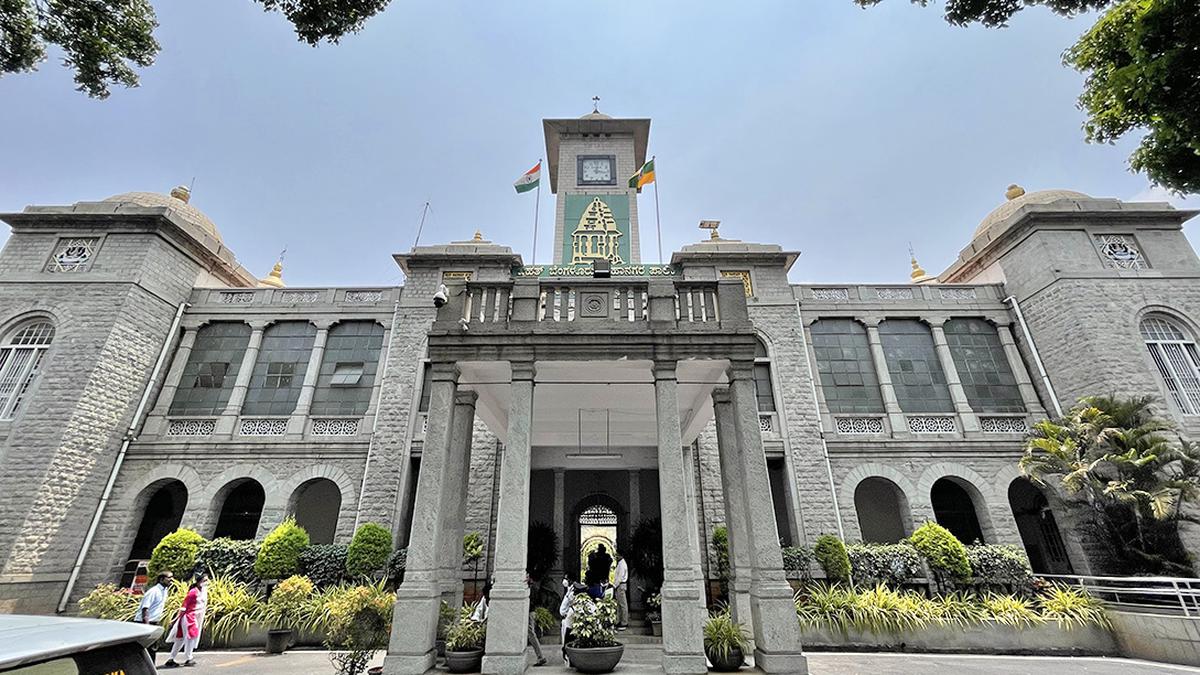
BBMP Special Investigation Teams start inspecting quality of civic projects sanctioned in Bengaluru by BJP government
The Hindu
The Urban Development Department (UDD) had set up four SITs on August 5. The teams are headed by Ujjwal Kumar Ghosh (Solid Waste Management), Amlan Aditya Biswas (Road Development), P.C. Jaffar (stormwater drain) and Vishal R. (Lake Development).
The special investigation teams (SITs) formed by the Karnataka government to probe civic works sanctioned between 2019-20 and 2022-23, during the tenure of the BJP, have started inspecting the quality of works in Bengaluru.
According to a senior official in the Bruhat Bengaluru Mahanagara Palike (BBMP), the civic body has been transferring files pertaining to these projects to the teams. On September 15, a large tranche of files relating to the Road Infrastructure Department was handed over to the SIT team headed by Bengaluru Regional Commissioner Amlan Aditya Biswas.
The teams have asked more time to probe the matter.
The Urban Development Department (UDD) had set up four SITs on August 5. The teams are headed by Ujjwal Kumar Ghosh (Solid Waste Management), Amlan Aditya Biswas (Road Development), P.C. Jaffar (stormwater drain) and Vishal R. (Lake Development).
On August 18, Deputy Chief Minister and Bengaluru Development Minister D.K. Shivakumar held a close-door meeting with SIT heads, when they had sought more time.
According to a senior IAS official, besides going through files the teams have started visiting sites to inspect the work implemented on the ground. The probing officers are specifically looking into quality of work. The team was also tasked to look into generation of fake bills and illegalities during approval of works, if any.













